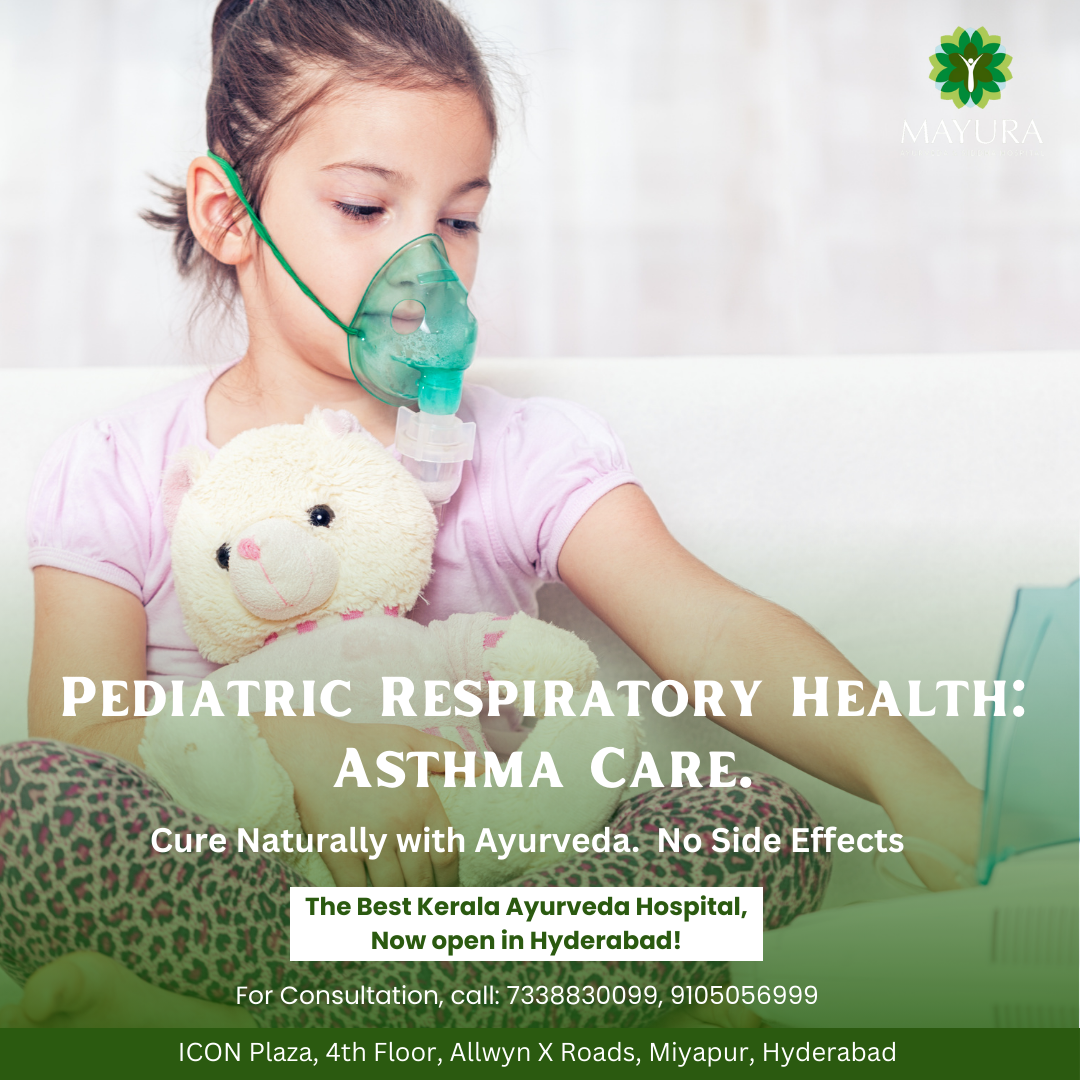Asthma is one of the most common chronic conditions affecting children worldwide. Managing pediatric asthma effectively is crucial for ensuring optimal respiratory health and quality of life for affected children. With proper care and guidance, children with asthma can lead active, fulfilling lives. Here, we delve into essential strategies for pediatric asthma care.
Understanding Pediatric Asthma
Pediatric asthma is a chronic respiratory condition characterized by inflammation and narrowing of the airways, leading to recurrent episodes of wheezing, coughing, chest tightness, and shortness of breath. While the exact cause of asthma remains unclear, it is believed to result from a combination of genetic and environmental factors.
Key Strategies for Pediatric Asthma Care
Regular Monitoring: Consistent monitoring of your child’s asthma symptoms and lung function is essential for effective management. Work closely with your child’s healthcare provider to establish an asthma action plan tailored to their needs.
Medication Adherence: Ensure your child takes their prescribed asthma medications regularly as directed, including controller medications to prevent symptoms and rescue medications to alleviate acute symptoms.
Identifying Triggers: Help your child identify and avoid common asthma triggers such as allergens (e.g., pollen, pet dander), respiratory infections, air pollution, tobacco smoke, and exercise-induced factors.
Maintaining a Healthy Environment: Create a clean and allergen-free environment at home by minimizing exposure to dust mites, mold, and other indoor pollutants. Use allergen-proof bedding covers and regularly clean carpets, curtains, and upholstery.
Promoting Physical Activity: Encourage your child to engage in regular physical activity to improve lung function and overall health. Ensure they have access to their rescue inhaler during exercise and that their asthma is well-managed before engaging in vigorous activities.
Nutritional Support: Emphasize a balanced diet rich in fruits, vegetables, whole grains, and lean proteins to support respiratory health. Limit consumption of processed foods and sugary beverages, which may exacerbate asthma symptoms.
Effective Communication: Foster open communication with your child’s healthcare team, including pediatricians, pulmonologists, and asthma educators. Keep them informed of any changes in your child’s symptoms or treatment regimen.
Education and Empowerment: Educate your child about their asthma and how to recognize and respond to symptoms independently. Empower them to take an active role in managing their condition and advocating for their needs.
Conclusion
By implementing these key strategies for pediatric asthma care, you can help your child effectively manage their condition and enjoy improved respiratory health and overall well-being. Remember, with proper support and guidance, children with asthma can thrive and lead fulfilling lives.
















